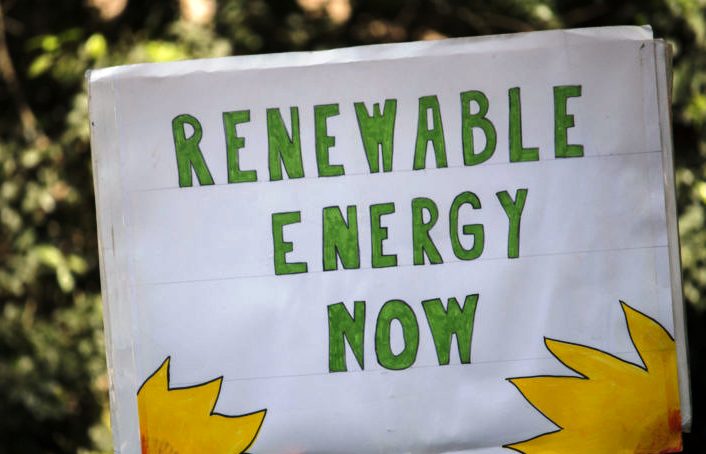A recent survey conducted by Washington University in St. Louis found that a majority of voters — 95% of Democrats and 54% of Republicans — acknowledge the existence of evidence for climate change. Not surprisingly, however, Democrats and Republicans differ in how seriously they view the issue and what they believe is causing global warming.
More than 90% of those who support Democratic candidate and former Vice President Joe Biden consider climate change as a crisis or major problem and they view human activity as the primary cause. A little less than half of President Donald Trump’s supporters see climate change as a crisis or major problem. Even among Trump supporters who believe climate change is real, only half think human activity is mostly to blame for it. Roughly 20% of Trump supporters deny the existence of climate change and insist that environmentalists are deliberately misleading the public.

The crucial point, of course, is that the science is clear and non-negotiable: there is little to no cushion remaining. This is it. We’ve moved too slowly on climate action, we’ve done far too little for too long, and we need to make an immediate and sharp transition. As Bill McKibben put it in his latest column for the New Yorker, “We think we always have time and space to change, but in this case we do not.” The next four years are critical, and November 3rd is our last best opportunity to avoid catastrophic climate chaos.
Evidence that the climate crisis has arrived is not hard to find. Among other extreme weather events in the last few days, Hurricane Zeta became the fifth named storm to hit Louisiana, the most ever in the state’s history. We actually ran through the English alphabet this season and are now deep into the Greek alphabet. There’s another tropical system forming in the Caribbean Sea this weekend and it has an excellent shot next week at becoming the 28th named storm this year, an unprecedented event. Never before has there been a tropical storm or hurricane named Eta, the next letter in the Greek alphabet after zeta, but we may see one next week.
It just so happens that the lower case form of eta (η) is the symbol in economics for elasticity, a way to measure the responsiveness of one variable to changes in another variable. In economics, a product is said to be elastic when a change in price has a significant effect on demand. Elasticity in climate politics has a similar dynamic: a change in administrations and their policies will have an outsized impact on the stability of our climate.
It seems all too appropriate that a storm named Eta could appear in the same week as the U.S. election, given the high stakes in play. It will be a vivid illustration of the sensitivity of one variable to another and what happens when that sensitivity manifests itself in the political arena. In the end, though, we must keep in mind that the outcome is not a matter of fate or destiny, it is a question of choice — how will we decide to go forward?